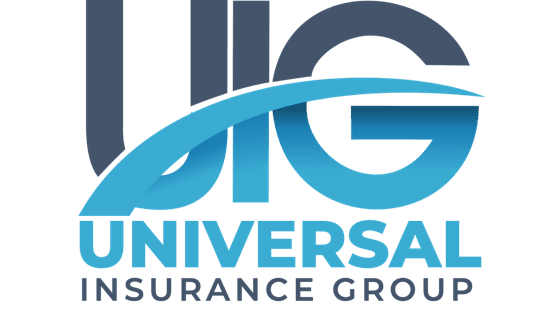
Employment Practices Liability Insurance, commonly called EPLI, is a crucial business insurance that safeguards companies against employee claims alleging rights violations. In today’s complex employment landscape, even small businesses face exposure to potential lawsuits related to hiring, firing, workplace conduct, and management decisions. Having EPLI coverage can provide
EPLI 101: A Shield Against Workplace Lawsuits
EPLI policies typically cover legal defense costs and settlements associated with a range of employee claims, including:
- Discrimination based on age, gender, race, religion, or other protected categories
- Wrongful termination
- Sexual harassment or other forms of workplace harassment
- Retaliation for whistleblowing or reporting misconduct
These claims can arise from current, former, or job applicants. With legal fees and settlements often reaching tens or even hundreds of thousands of dollars, the cost of defending your business without EPLI coverage can be devastating.
Who Needs EPL?
Many business owners mistakenly believe EPLI is only necessary for large corporations. In reality, any business with employees can be at risk. Smaller businesses may be more vulnerable as they may not have in-house legal or HR departments focusing on labor laws. According to the Equal Employment Opportunity Commission (EEOC), nearly 55% of employment-related claims are filed against companies with fewer than 100 employees.
Whether you employ five people or fifty, EPLI can shield your business from the financial fallout of an employment-related claim. The more employees you have, the greater your risk, but even a single disgruntled worker can file a lawsuit that disrupts operations and drains resources.
What EPLI Doesn’t Cover: Know the Boundaries
Like all insurance policies, EPLI has limitations. Common exclusions include:
- Wage and hour disputes, such as unpaid overtime or misclassification of employees
- Criminal acts or intentional wrongdoing by the employer
- Workers’ compensation and unemployment insurance claims
- Violations of labor regulations not specifically covered under the policy
Understanding these exclusions is crucial. Some risks may be managed through other insurance policies or better internal practices.
Real Claims and How EPLI Responds
Consider the case of a small restaurant sued by a former server who claimed she was fired for complaining about inappropriate comments from a manager. The EPLI policy covered the legal defense costs and a negotiated settlement, saving the business over $80,000 in out-of-pocket expenses.
In another instance, a tech startup was sued by a rejected job applicant who alleged age discrimination. Without EPLI, the company paid over $30,000 in legal fees before the case was dismissed. EPLI coverage would have helped absorb those costs.
HR Best Practices That Support EPLI
EPLI works best in tandem with strong human resources practices. Implement clear anti-harassment and anti-discrimination policies. Train all employees, especially supervisors, on appropriate workplace behavior. Keep detailed documentation of employment decisions, disciplinary actions, and employee complaints. These steps not only help reduce the risk of claims but may also lead to more favorable EPLI policy terms and premiums.
Cover Your Business From the Inside Out
Workplace claims can happen to any business, regardless of size or industry. At Universal Insurance Group our advisors have helped businesses in Maryland assess employment-related risks and guide them toward the most suitable Employment Practices Liability Insurance. Let’s work together to protect your business from the inside out. Call us at (916) 229 9294 to get started.
Filed Under: Business Insurance | Tagged With: Business Insurance
